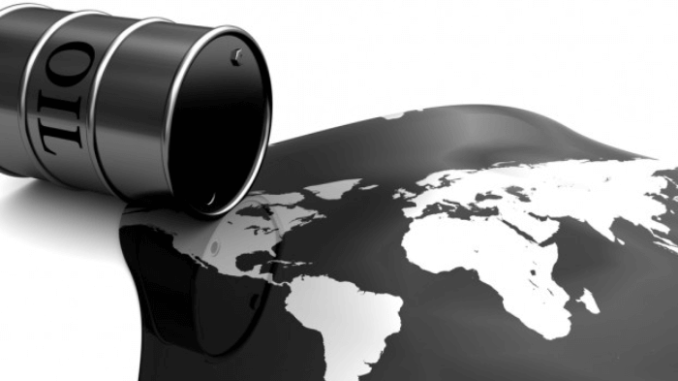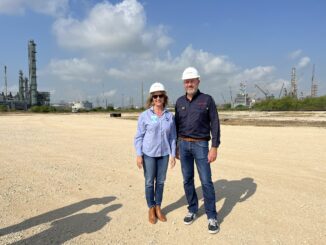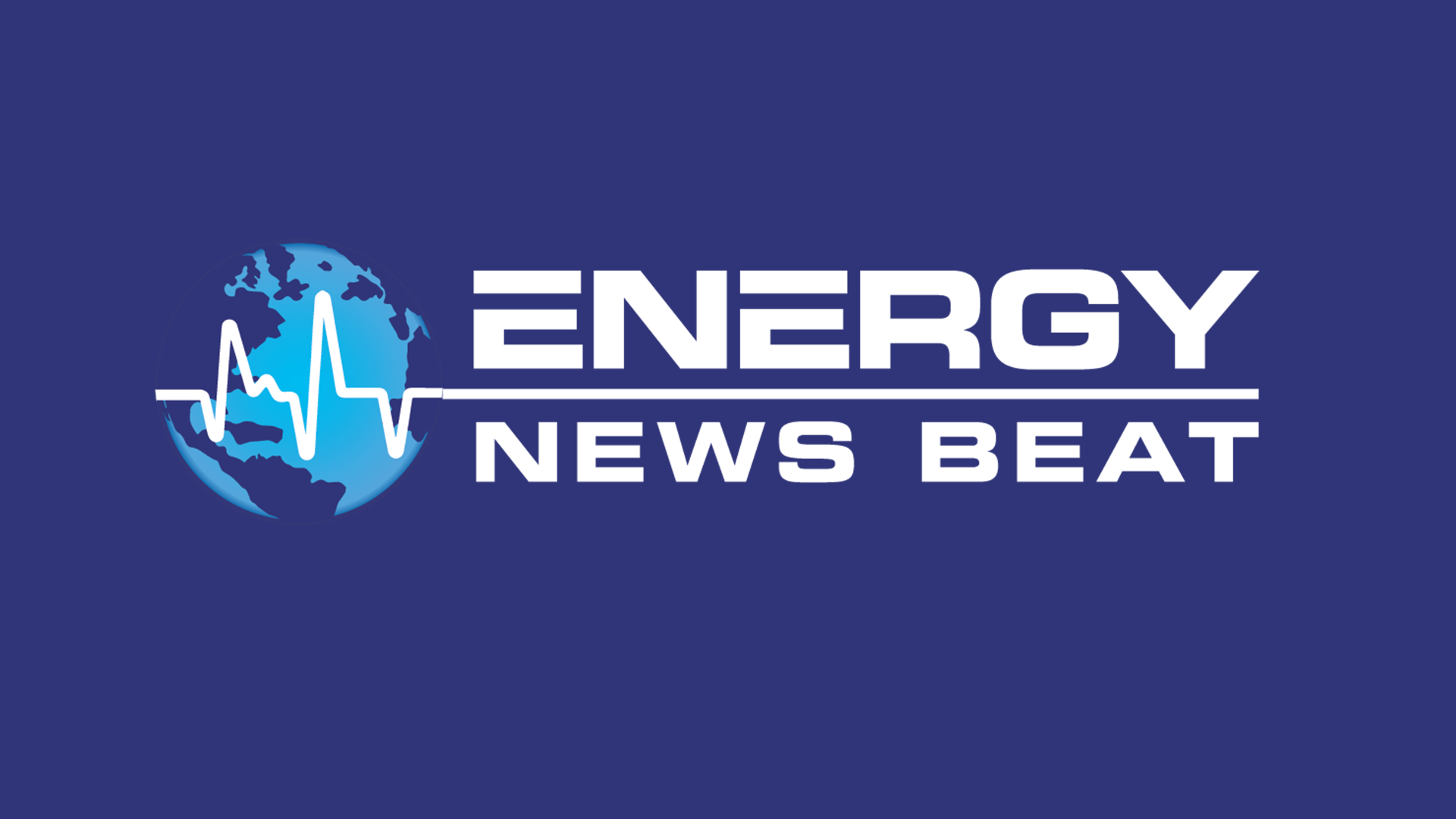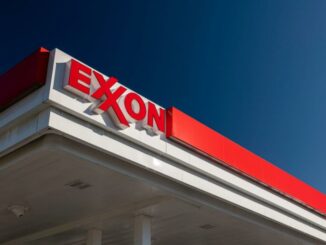
The old saying among foreign investors that “if you are not in Nigeria, you are not in oil business” is increasingly being confined to the past as several international oil majors have excluded Africa’s biggest oil producer from their increased outlays on energy projects for 2023 amid high oil demand and prices.
After recovering from the COVID-19 pandemic, ExxonMobil, Chevron and TotalEnergies are making plans to boost their capital spending next year, especially in light of the latest forecast of higher 2023 oil prices by the United States Energy Information Administration.
In its capital expenditure (capex) outlook for 2023, ExxonMobil was silent about Nigeria’s Bosi 80,000 barrels per day (bpd), an oil field it discovered in 2006, and Uge’s 110,000bpd deepwater project despite unveiling plans to lift capital spending next year by about 10 percent to between $23 billion and $25 billion.
The US oil giant set aside $17 billion for lower carbon projects through 2027, up from $15 billion.
ExxonMobil’s 2023 funding plan also excluded Nigeria’s Owowo oil reserve field it discovered in October 2012.
ExxonMobil aims to raise oil and gas production to a record 4.2 million barrels of oil equivalent per day (boepd) by end-2027. Most of the 500,000 boepd increase is expected to come from Guyana, the US and Brazil.
BusinessDay’s findings showed the oil major has one of the most ambitious plans in the industry to increase crude production over the next five years unlike Shell and British Petroleum, which are slowly cutting oil output and migrating to solar and wind power and other renewable energy projects.
The plan is a continuation of Exxon’s current strategy to “produce the energy and products society needs” while reducing greenhouse gas emissions from its own operations and also from other companies, Exxon’s Chief Executive Darren Woods said.
Chevron ignored Nigeria’s Nsiko 100,000bpd offshore deepwater project despite increasing its exploratory budget by 25 percent to $14 billion in 2023.
According to its chairman and CEO, Michael Wirth, the company is following a capital deployment strategy that is aligned with its plans to improve returns and lower carbon footprint.
He said Chevron has kept its capital budget within prior guidance despite the effects of cost inflation.
Of the American multinational’s total 2023 capital expenditure, 82 percent is planned to be incurred in its upstream operations that produce oil and gas.
In particular, Chevron is concentrating on its investment in US shale production next year. For 2023, the company intends to spend $6 billion on shale, with the lion’s share (or some $4 billion) going to the lucrative Permian Basin of Texas and New Mexico alone.
In its outlook report, Chevron says some 50 percent of its affiliate spend for 2023 has been dedicated to the Tengiz field in Kazakhstan – the only large capital project the company is committed to following the completion of Australian LNG projects.
Apart from US oil companies, France’s TotalEnergies raised its investment budget for the next few years against the backdrop of high oil prices and strong refining margins.
The company now sees net capex plus acquisition spending minus divestment proceeds — increasing to $14 billion-$18 billion/year in 2022-25.
The company says the additional spending will primarily be directed towards carbon-free energy sources and decarbonisation programmes in Australia and Libya
It expects its wind and solar investments to exceed $4 billion this year, $1 billion more than last year. And it has set out a $1 billion energy savings programme spanning 2023-24 designed to control energy consumption costs and reduce emissions.
This does not mean the company is neglecting its core oil and gas business, according to TotalEnergies’s chief executive, Patrick Pouyanne. “It’s a balanced strategy,” he said. “It’s not only renewables, forget that.”
Pouyanne said he expects the company to be able to reduce its net debt to zero by the middle of next year, helped by capital discipline.
He said the firm is not banking on high oil prices to grow its cash flow either.
The company says it expects underlying cash flow, excluding contributions from Russia, to be $4 billion higher in 2027 than it was last year, assuming moderate energy price assumptions of $50/bl for oil and $8/mn Btu for European gas.
For a frontier market with the population of Nigeria, oil majors not looking in its direction should be a big worry for the government as it has dire implications for social welfare and economic growth despite the country’s 37 billion oil reserve, 206 trillion cubic feet (tcf) proven gas reserve, and over 600tcf unproven gas reserves.
When the World Bank Group surveyed hundreds of executives at multinational companies to find out what drives decisions around foreign direct investment, the results showed that investors value a business-friendly regulatory environment as well as stable macroeconomic and political conditions.
These crucial factors are missing in Nigeria, according to some foreign investors surveyed by BusinessDay.
They point to policy inconsistency, a business environment that existing local and foreign investors say is anti-business, and the lack of political will to open up the economy to private capital.



